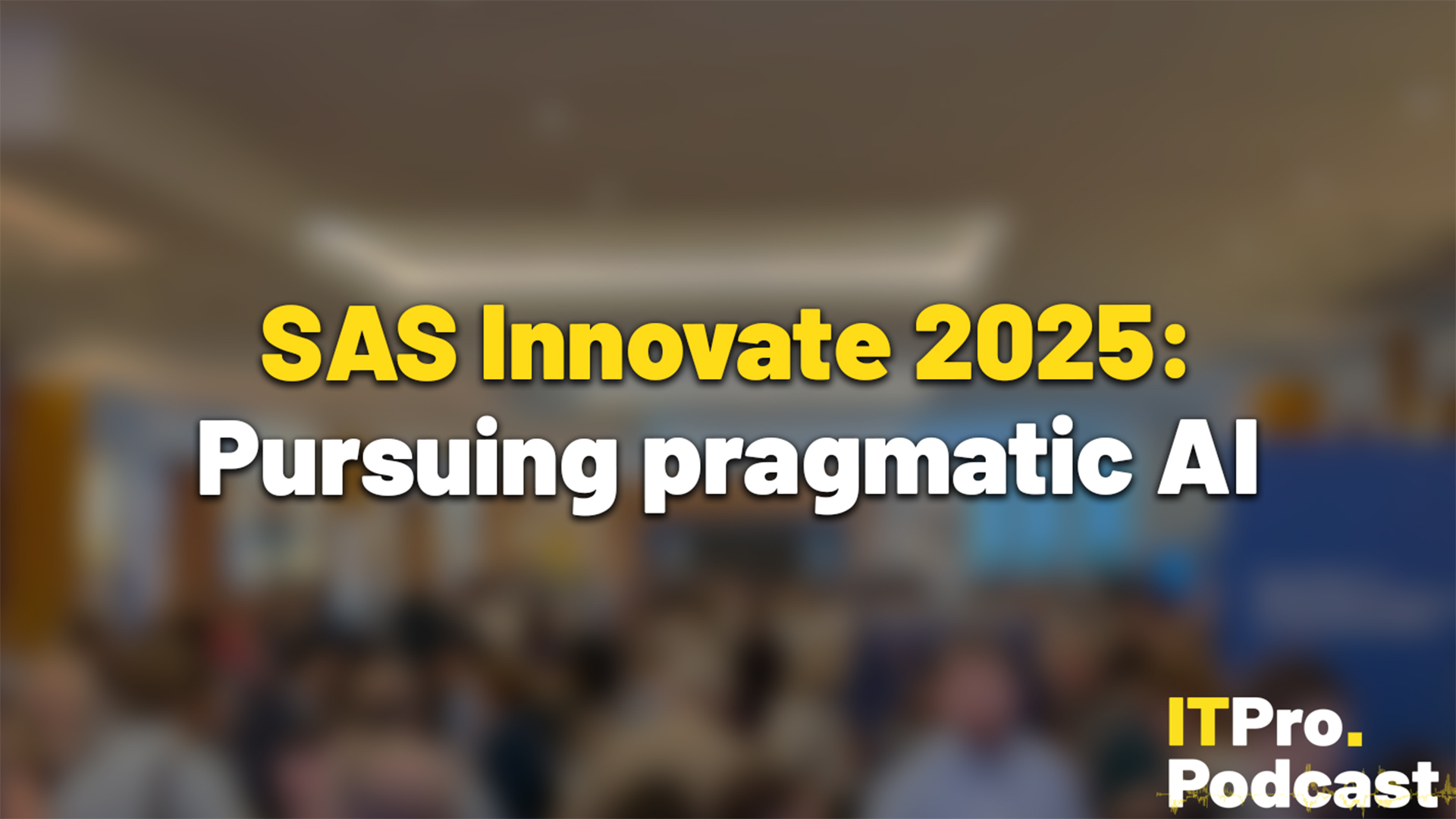
"When it comes to implementing things like AI agents, there have been huge discussion and really in-depth conversations around governance. So I wrote a piece on this governance angle, based on the speech by Reggie Townsend, who's the VP for Data Ethics at SAS, and the crux of his argument was successful AI implementation rests on having really, really strong AI governance policies."
"What SAS and P&G found was, when they ran this problem using a traditional, what's called a solver algorithm, that's traditional computing, they could crunch the numbers and solve it in six hours. When they used quantum annealing, they could solve it in two minutes, but they also introduced some unwanted errors right at the end, which is what you would expect with relying on kind of quantum to get most of the way."
"I think I've been pleasantly surprised by the focus on AI governance. I think this has been missing in some discussions in the last year, and it's good to see that being focused on, to the extent that it has even been focused on as an unavoidable step, number one."
At SAS Innovate 2025, discussions centered on how to make enterprise data more usable through analytics, AI, and quantum computing. Key themes included the importance of AI governance as emphasized by Reggie Townsend from SAS. A case study showcased SAS and P&G's collaboration where traditional algorithms took six hours to solve a problem, while quantum annealing reduced it to two minutes, but with accuracy issues. They opted for a hybrid solution, underscoring the value of balancing innovation with robust governance frameworks in the evolving tech landscape.
Read at IT Pro
Unable to calculate read time
Collection
[
|
...
]